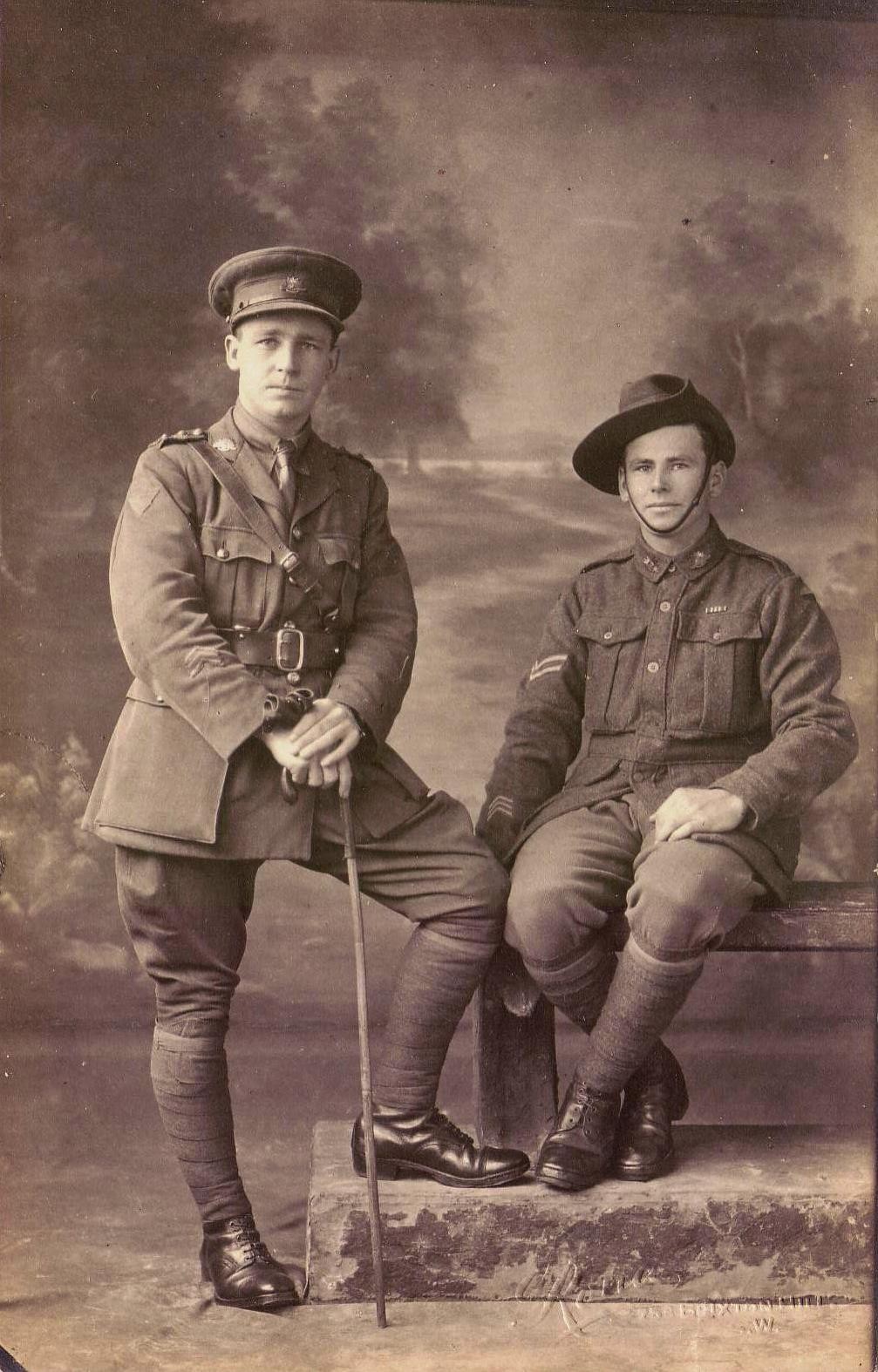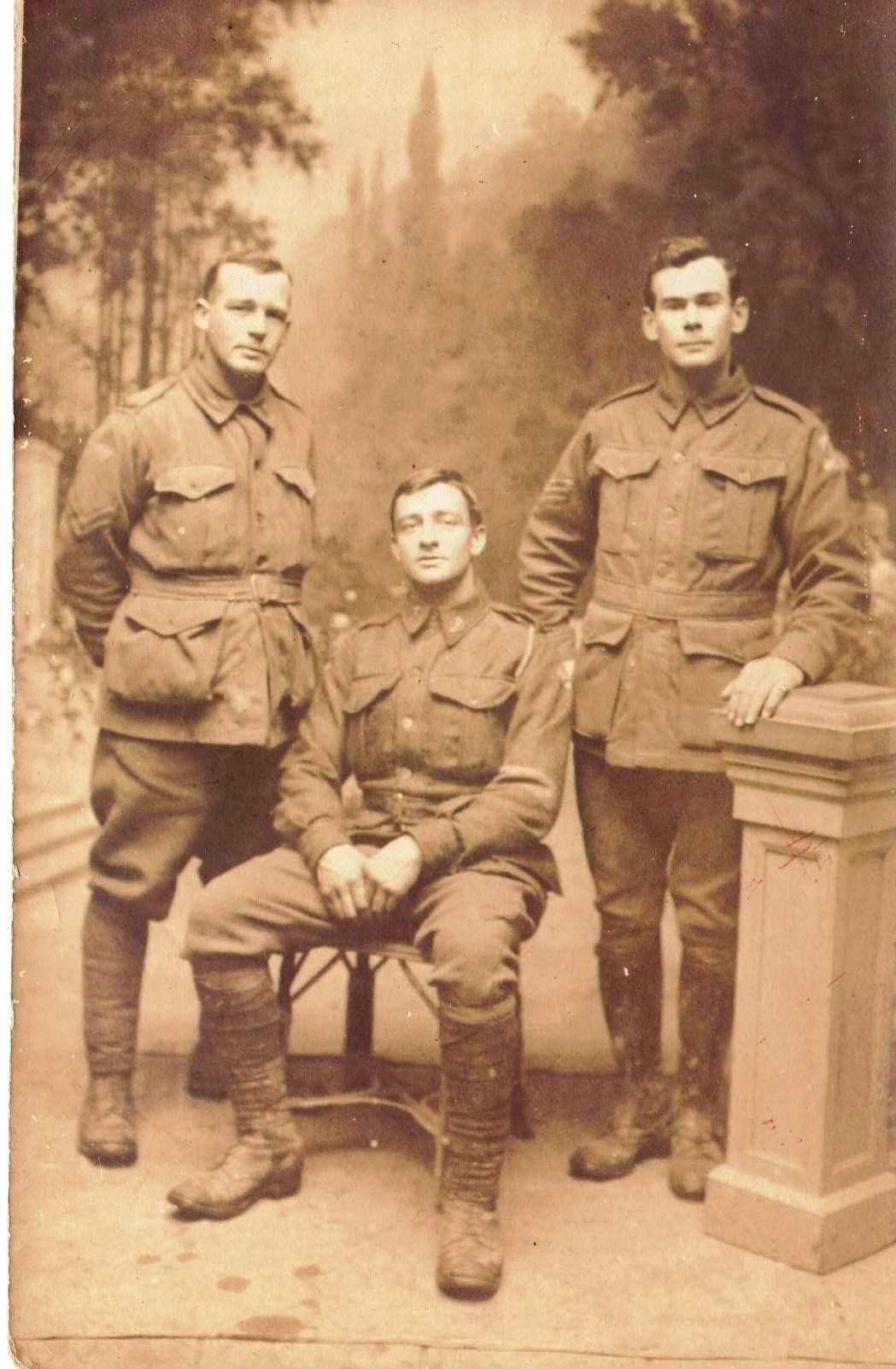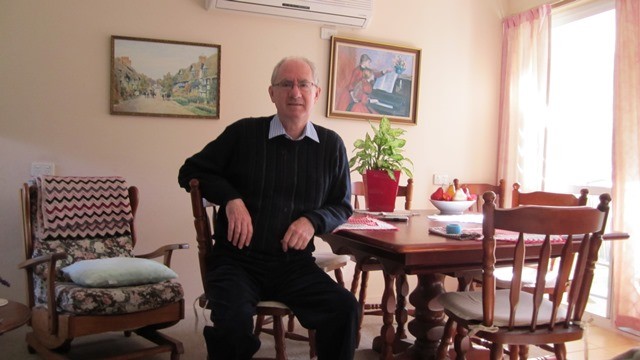WILLIAM AMIET - READING HIS WAY THROUGH THE GREAT WAR
By JOL Admin | 29 January 2014

William Albert Amiet was teaching at Maryborough Boys Grammar School when war broke out in August 1914. He was a brilliant scholar who had come to Queensland as a YMCA Secretary in 1912 to "save souls" and promote moral recreation among railway navvies. A crisis of religious faith led him to school teaching and thence the law which he studied from 1914 until 1916.
The outbreak of war clearly bothered him, but on 7th August 1915 he bought a book on the ‘Belgian outrages’, possibly the Bryce Report, and this combined with a fear that the British Empire might be defeated may have led him to volunteer. He decided to finish his legal examinations before going to war and on 3rd May 1916, the day after he was called to the Bar as a senior barrister, he enlisted in the AIF.
Paradoxically Amiet’s decision to finish his legal studies before enlisting had a critical impact on the nature of his war experience. He unintentionally avoided Gallipoli and the Battle of the Somme. Only 7,000 of the first 30,000 recruits in 1914 ever saw Australia again.
Amiet’s war was both typical in his experience of battle, hospitalisation and stretches of unstructured time away from the battle front in which he managed to read and unique in that he spent ten months in military camps as a legal officer and six months at Oxford engaged in officer training.
He was a brave man who requested deployment at the battlefront in 1917 but unlike many of his contemporaries he could still say two weeks before the last Australian battle of World War 1: ‘Ours is a fine life. Enjoying it…Got news of anticipated stunt. Great glee everywhere.’

Amiet’s papers 1903-1959 (UQFL71,) housed in the University of Queensland’s Fryer Library, include his diaries 1903-1959. They are the size of cigarette packs and require a magnifying glass to read them. The entries are necessarily brief and there is little in the way of reflection on Amiet’s reading.
As an inveterate maker of lists, Amiet systematically recorded books read, bookshop orders, newspaper/magazine subscriptions and income and expenditure. So we can trace the pattern of his engagement with print culture but not his response to individual works. Unfortunately Amiet’s vast correspondence has not been preserved.
One of the highlights of Amiet’s diaries is the record of his reading prior to going into battle at Polygon Wood in 1917. As an Australian Briton it should not surprise us that as the time for battle approached Amiet turned to his old English favourites, Sir Walter Scott and Charles Dickens. He reads Kenilworth, Martin Chuzzlewit, A Christmas Carol and Nicholas Nickleby. There is also time for Macaulay's Lays of Rome and for French works such as Tartarin Sur Les Alpes and Paul et Virginie. Poetry seems to grow in importance. The day before he ‘went over’ in the advance Amiet “learnt bits of ‘In Memoriam’, ‘Locksley Hall’, ‘Omar’ in French’”.

Jim Cleary presented ‘William Albert Amiet, M.A., Barrister-at-law reads his way through the Great War’, at ‘The Long Twentieth Century’: SHARP Regional Conference, Brisbane, University of Queensland, 28-30 April 2011. An expanded version of the paper will be published in Reading and the First World War: Readers, Texts, Archives (ed.) Edmund King and Shafquat Towheed (Palgrave Macmillan, 2014).
Comments
Your email address will not be published.
We welcome relevant, respectful comments.